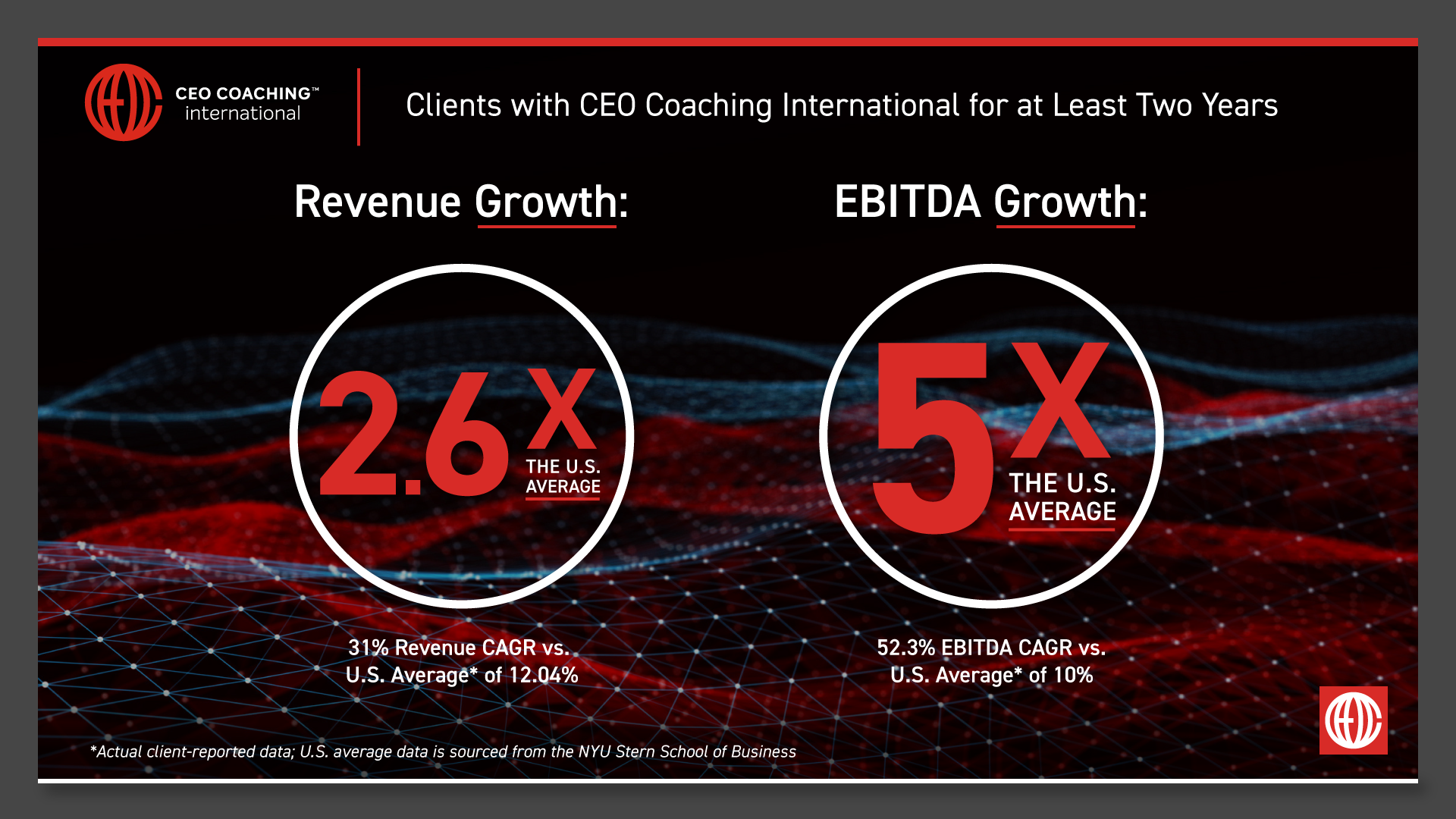The first time you sit in the BIG chair as CEO might also be the first time that you hear the voice, that faint whisper making you feel uneasy, until a crisis turns up the volume and you can hear the message loud and clear:
“You’re not cut out for this. You’re going to screw up. You’re not smart enough. You’re a fraud.”
For some CEOs no amount of success drowns out that voice completely. Imposter syndrome might come in waves, or it might be a persistent mental block that’s harming your business in ways you don’t realize. Here are five ways that CEOs learn to keep self-doubt in check and lead with the confidence that their companies need.
1. Drill down.
When the CEO is hiding something, the rest of the company can feel it. You don’t have to be as transparent with your employees about imposter syndrome as you should be about a bad product launch or an impending staffing change. But you do have to be honest with yourself. Trying to smile your way through the day when you’re obviously not on your game is just going to get the rumor mill churning and set people on edge.
So do the brave thing and let the bad feelings in. Schedule some extra CEO time to pinpoint the specific insecurities or uncertainty that’s bothering you. Then, start asking, “Why?” Why do you feel ambivalent about an impending pivot? Why do you feel spread so thin? Why do you feel like you can’t see the next step that your company needs to take?
More often than not, the answers to those questions are going to lead you away from imposter syndrome and towards actionable steps you can take, such as making time for CEO self-care, pulling the trigger on a talent upgrade, or refocusing your company’s resources on KPIs.
2. Do what only you can do.
Another reason that “Why?” can be so impactful is that it often reveals inefficiencies in how you’re using your time.
As CEO, you have five responsibilities: developing your Vision for the company, monitoring Cash, hiring the best People, maintaining key Relationships, and Learning everything you can about anything that could impact your business.
That’s it.
Managing your sales team to make up lost ground after a bad month isn’t your job, it’s your sales manager’s. Crunching the numbers on a potential acquisition isn’t your job, it’s your CFO’s. Narrowing a wide field of available talent to 3-5 top candidates isn’t your job, it’s HR’s. Dreaming up a marketing campaign that’s going to launch your rebrand isn’t your job, it’s your marketing team’s.
Clearing off your desk has a way of clearing your head and sharpening your attention. Act more like the boss and you’re going to feel more in-charge of your business and your own performance.
3. Get a quick win.
Remember how good you felt after your first annual planning session? You had a set of long-term goals, you had actionable, measurable steps to implement, and you had clear expectations set for who was going to do what by when.
And then, business happened. Some things went well, some things didn’t. A couple “brilliant” initiatives fell flat. A key team member jumped ship. You got so comfortable doing “good enough” that you forgot about trying to be great.
Imposter syndrome can set in when your company drifts off course like this. New CEOs can get so insecure about lagging behind their BIG goals that they project total failure onto their visions and themselves.
Trust me, there’s nothing wrong with your goals. What’s lacking is execution. So go back to the monthly and quarterly targets you set at your annual planning session. Find a bullseye that you can hit in the next 30-60 days. If you can’t find one, break down that larger target and aim at a smaller progressive step. Empower one of your team leaders to find a unique path towards achieving that goal. Be clear, be precise, and be positive.
And then, when you’ve grabbed that low-hanging fruit, celebrate. Acknowledge the win in front of your whole company. Buy your team lunch. Pass out gift cards. Make Friday a half day.
And then, on Monday, set the bar higher.
4. Hire people who are better than you.
I said that Learning was a CEO responsibility. “Know everything” is not. If you’re standing in your conference room and you feel like you’re smarter than everyone else, then you’re either trying to bluster your way though imposter syndrome, or you’re surrounded by Yes Men who are never going to challenge you or make you better.
CEOs who have developed their emotional intelligence understand their strengths and weaknesses. They use these insights to guide them towards talent who will strengthen soft spots. High-EQ CEOs also value their empathy more than their authority. They’re open to perspectives and life experiences that are different from their own. They value thoughtful pushback more than blind obedience.
And because their minds are open to a diverse group of opinions and ideas, it’s that much harder for imposter syndrome to create a lonely echo chamber of fear and doubt.
5. Talk it out.
No one understands the pressures of being a CEO better than other CEOs. A trusted mentor or entrepreneur coach hasn’t just experienced imposter syndrome, they’ve probably developed an entire toolkit that’s helped them to manage those doubts, especially when the stakes are highest.
Moreover, the leaders you keep in your inner circle know you. And when you’re battling imposter syndrome, they might know you better than you momentarily know yourself. Use their perspective to put yourself back in touch with your greatest talents and abilities. See the leader you are, and appreciate the leader you’re growing into, and eventually you’ll become a CEO who won’t let your insecurities prevent you from making BIG happen.
About CEO Coaching International
CEO Coaching International works with CEOs and their leadership teams to achieve extraordinary results quarter after quarter, year after year. Known globally for its success in coaching growth-focused entrepreneurs to meaningful exits, CEO Coaching International has coached more than 1,000 CEOs and entrepreneurs in more than 60 countries and 45 industries. The coaches at CEO Coaching International are former CEOs, presidents, or executives who have made BIG happen. The firm’s coaches have led double-digit sales and profit growth in businesses ranging in size from startups to over $10 billion, and many are founders that have led their companies through successful eight, nine, and ten-figure exits. Companies working with CEO Coaching International for two years or more have experienced an average revenue CAGR of 31% (2.6X the U.S. average) and an average EBITDA CAGR of 52.3% (more than 5X the U.S. average).
Learn more about executive coaching | Meet our world-class coaches





